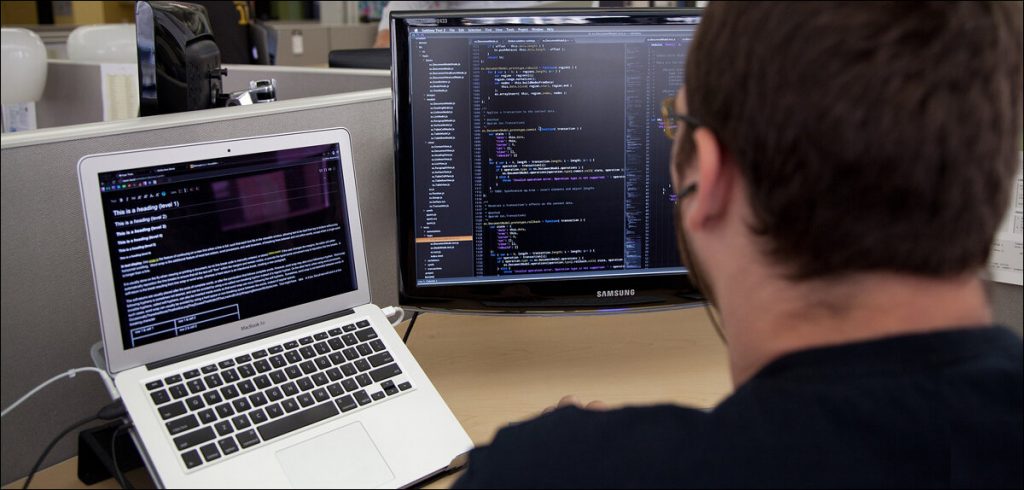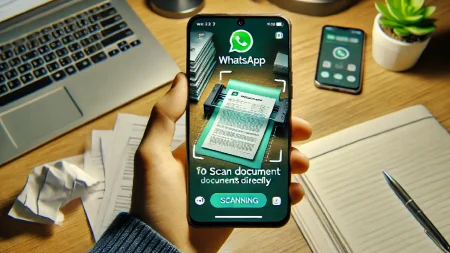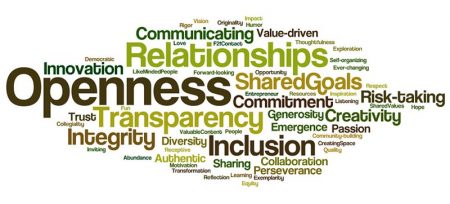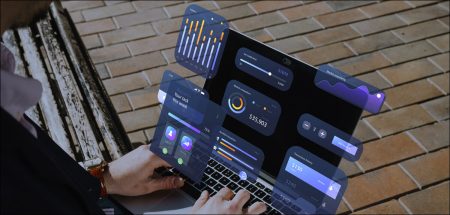Uma Iyer explains how in an encrypted post-analog age the code of tomorrow may have no code at all.
Since the dawn of the species, humanity has been coding over the hardwiring of their brains to compute, understand, evolve, create, and thrive in an apathetic universe. One of the ways of coding information has been in the form of language, its use and interpretation.
Computers, like humans, have evolved over time and have a language of their own. This language, as with many human languages, is now being democratized.
I wrote the word ‘democratize’ above and Google gave me a choice to render it into British English. All I had to do was to click on the same, and it changed to ‘democratise’. This piece of object, if made available to plug and play into any code, will allow me to execute a pre-built piece of code, anywhere and anytime.
As such one does not need to know the semantics. But can still use the coded blocks of information structured as objects directly. This is why a language like English when taught to a non-English native, remains difficult until presented through objects used in daily reference. That means, that there is a code, a construct, which is molded in an object that an English speaker can understand – say an apple, or a ball, or a cat.
The objects can be visual where we can drag and drop them into structures to get an action completed, build expandable spaces to store information and manipulate it to get a required output. Everyone with a knowledge of a language and the ability to drag objects together in the new digital world can now be termed as a ‘techie.
Coding simplified

Coding no longer needs to look like this:
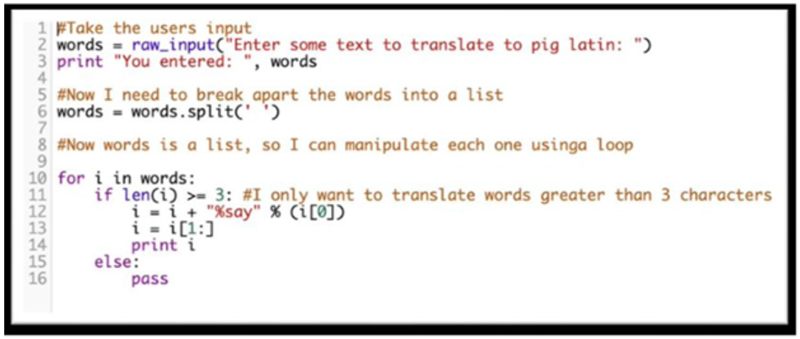
It will move to drag and drop!
Excel and Word are good examples of what we would like to see on the screen. The move to no-code happened during the advent of Notes, Notepad, WordPad, and Word.
There is still ‘code’ in ‘no-code’ though – we just do not see it. Switches are on/off codes as are keyboards which translate coded information into letters and numerals to be typed out.
Grace Hopper needs to be credited for inventing the modern compiler and the COBOL (Common Business Oriented Language) language that ushered in the advent of no-code.
Various languages starting with Fortran, Pascal, C, Java, Python have helped the progression to enable programmers to use more human language to ‘code.’ In the future, ChatGPT or a tool, may be able to help generate code that is faster, cleaner, and much more efficient.
Data and Coding
The advent of technologies like quantum computing will change our ability and means to manipulate information as close to human language as possible. It could be argued that Excel by Microsoft is a low-code/no-code tool. People run pivots, programs, macros, you name it. Right from giving row count to getting answers at the press of a button, the route to no-code began when even the term was not coined. Excel is a legacy no-code tool.
Did you know that children in Roblox use code that is written in a language called ‘Lua’ and is stored and run as scripts and there is its own digital currency for children to create their own games? It is just not coding as we know it and there is a Creator Economy getting built gently using gaming. Roblox even paid out $538.3 million to developers on its gaming platform — also known as ‘creators’ — in 2021. The majority of these ‘creators’ are kids under 14 years old. Kids from age of under 9 use Roblox so the future of coding is starting very young.
That is one future prospect of coding occurring at the intersection of gaming and peer networks.
Google-owned artificial intelligence company DeepMind has created a new coding engine called AlphaCode, that it says is as competent as an average programmer.
AI and No-Code
AI and no-code are inextricably linked together. With the move towards using certain programming languages monetized by BigTech firms, it is only a matter of time that all the coding languages will be tipping towards no-code options.
Python will be quietly phased out as Rust fills in the void. OpenAI’s Codex is also another way no-code coding might be implemented.
All we want systems to do is to ensure that it understands what we want it to do without a need to use an intermediary language.
GitHub Copilot is an artificial intelligence tool developed by GitHub and OpenAI to assist users of Visual Studio Code, Neovim, and JetBrains IDEs by autocompleting code. You can check out its website here.
Expanding No-Code to No-Fuss
We can now create Instagram stories at the click of a button, create apps without the knowledge of iOS or android. We once hired a team of people to schedule a set of jobs to be fired in batches which took a month, the same work now can be done using ready-made applications which will wizard the build in a matter of minutes.
Take a minute to run through the tutorial directory which can keep anyone interested busy for hours.
BigTech catching up
The future of coding relies a lot on digital architecture and fast paced growth. RPA and no-code tools at scale can imagine the benefits of coding and software. Tech giants like Amazon, Microsoft and Google have the means to fund and support the incubation and growth of no-code and swift-coding software, however, they are limited to their own companies.
Incubators from BigTech like Kotlin, Go, Dart, Swift and many other open sources are able to leverage Google and Apple.
The more open source and BigTech collaborations happen, the growth although fast would be limited to the pace and appetite of the firms.
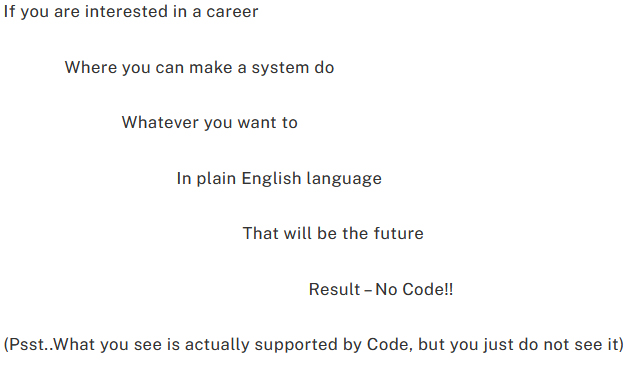
In case you missed:
- None Found




